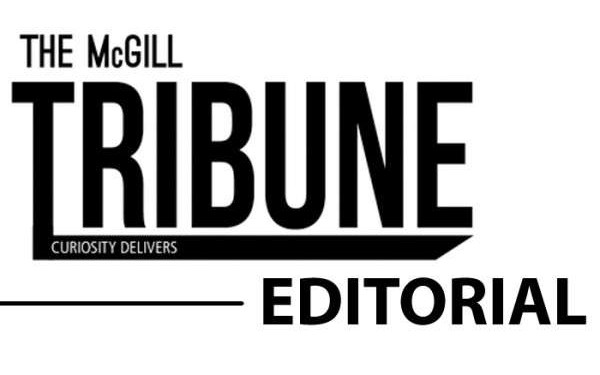Last week, the Crown prosecutor dropped charges of sexual assault against three former McGill students, also previously members of the Redmen football team.Although the Crown has dropped its charges, the complainant in the now-dropped case has stuck to her side of the story, and questioned the grounds upon which the prosecutor decided to drop charges. The week before also saw accusations of sexual harassment against three professors at UQÀM posted anonymously on Facebook, which compelled Quebec’s Minister of Education, Yves Bolduc to say that all complaints of sexual harassment and assault should be directed through internal, official channels.
The difference between using such institutional channels, seeking legal recourse, and using social media to report harassment is in both the difficulty and result. On the social media end of the scale, the process is comparatively frictionless as opposed to institutional and especially legal channels, which can at times seemingly stymie survivors by placing deliberate roadblocks and subjecting them to a general sense of skepticism towards their claims. On the other hand, the route of directly publicizing allegations is much easier, but only exacts, at most, a penalty in the supposed ‘court of public opinion.’ Such might have cathartic value, but does not accomplish the task of truly punishing perpetrators, and is more vulnerable to imposing social sanction based on less substantiated claims.
Institutional and legal frameworks are often opaque and harder to navigate, but can exact much higher, legally or administratively, binding penalties on perpetrators, and as per the fact-finding process behind them, are more credible. The possible ideal is the use of social media channels to highlight the failures of more administrative avenues, which could prompt reforms, or create systems at the university level that dull the harder edges of the legal system, such as trained counsellors assisting students in dealings with police and lawyers..
At the McGill level, a sexual assault policy has been drafted that lays out general guiding principles, but has left the question of channels for recourse at the university level relatively vague. Care must be taken to ensure that whatever is crafted does not result in the problems that have occurred at American universities that have internal tribunals for sexual assault cases, including issues of simultaneously compromised standards of due process and respect for those bringing their accounts forward.
Even assuming that institutional or legal channels could be fully reformed to provide adequate recourse and punishment of perpetrators to assault survivors, the conversation about those ignores the psychological impact that needs to be healed, regardless of judicial or administrative outcome. The conversation on campus policies with regards to sexual assault at McGill and other universities needs to make sure that counselling resources are publicized and wide availability for students is ensured. In that respect, the statement the university sent with a recounting of resources for assault victims is a positive step, but it remains to be seen what outreach and awareness strategies will be used to inform students of where they can turn when there isn’t a headline-grabbing case to spur a response from the administration.
There is no one-size-fits-all approach to crafting policies and providing resources, both at the institutional level and for individuals. As working groups continue to work towards crafting a proposal doe a sexual assault policyat McGill—provisions already exist to address sexual harassment—the need for tailored solutions should remain in mind.








